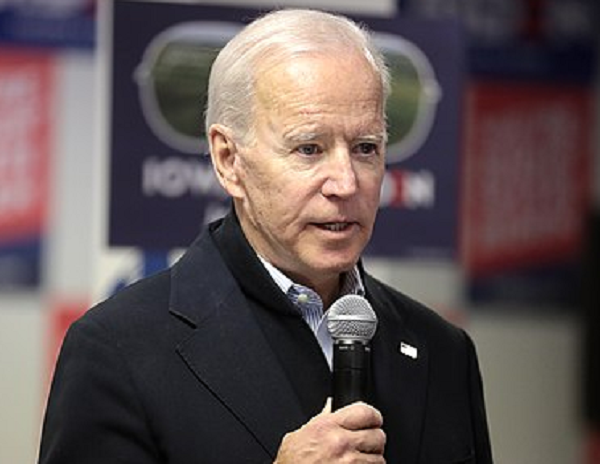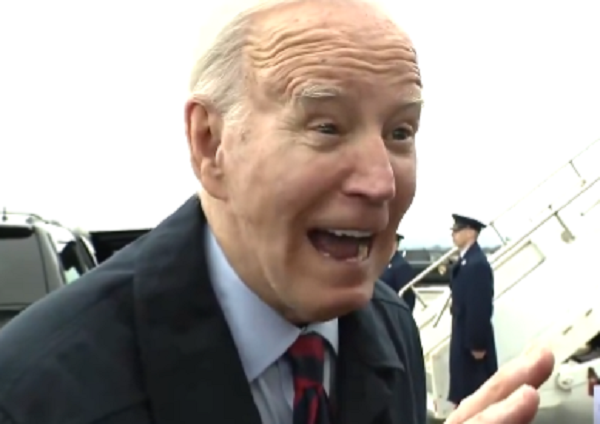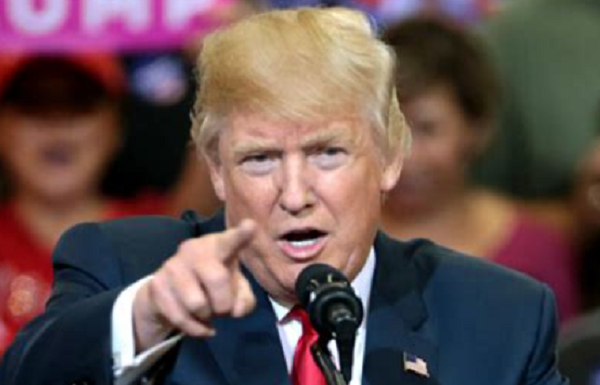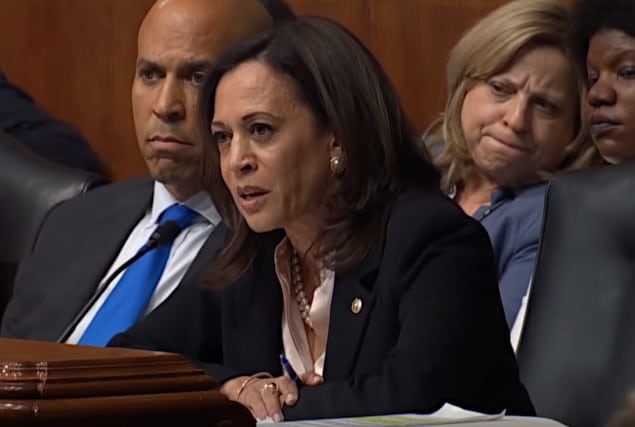On Monday, a federal judge halted a Biden administration regulation that would have compelled states to create emissions reduction plans for specific roadways. The rule, issued by the Federal Highway Administration (FHWA) the day before Thanksgiving 2023, was challenged by a group of 21 states.
The U.S. District Court for the Western District of Kentucky ruled in favor of the states, granting declaratory relief and determining that the FHWA had exceeded its legal authority. However, the court did not completely block enforcement of the rule or invalidate it entirely, as stated in the court’s opinion.
“Even assuming Congress gave the Administrator authority to set environmental performance standards that embrace CO2, the Administrator exercised that authority in an arbitrary and capricious manner,” Judge Benjamin Beaton wrote in his opinion.
Certain critics of the regulation, such as Republican Senator Kevin Cramer from North Dakota, have described the Biden administration’s attempt to connect reductions in vehicular emissions with federal funding as a subtle push towards promoting electric vehicles (EVs) among Americans, or potentially limiting transportation through gas-powered vehicles. Various federal entities, such as the Environmental Protection Agency (EPA) and the National Highway Traffic Safety Administration (NHTSA), have also established their own rules mandating substantial growth in EV manufacturing in the upcoming years.
“The Department of Transportation and Federal Highway Administration remain committed to supporting the Biden-Harris Administration’s climate goals of cutting carbon pollution in half by 2030 and achieving net-zero emissions by 2050,” a spokesperson for the FHWA told the Daily Caller News Foundation. “We are reviewing the court’s decision and determining next steps.”
The lawsuit against the FHWA was filed by the attorneys general from Kentucky, Alabama, Alaska, Arkansas, Florida, Idaho, Indiana, Iowa, Kansas, Mississippi, Montana, Nebraska, North Dakota, Ohio, Oklahoma, South Carolina, South Dakota, Utah, Virginia, West Virginia, and Wyoming.
“President Biden’s radical environmental agenda has lost touch with reality, and Kentucky families, farmers and workers are paying the price,” Republican Kentucky Attorney General Russell Coleman said in response to the court’s ruling. “Like all Americans, Kentuckians love our trucks, cars and vans. With this victory in court, we’re slamming the brakes on the Biden Administration’s politics that make no sense in the Commonwealth.”
The final rule failed to specify the exact amount by which state and local transportation agencies would need to decrease emissions. When the agency introduced the final rule in November, it highlighted this framework as offering flexibility for subnational governments. However, critics such as Cramer cautioned that the regulation would be “fundamentally unworkable” in rural areas of the U.S.
Republican West Virginia Sen. Shelley Moore Capito previously informed the DCNF that similar emissions reduction requirements for federally-funded highway projects were deliberately omitted from the 2021 bipartisan infrastructure law during negotiations. The infrastructure bill allocates approximately $350 billion for federal highway programs to be utilized between 2022 and 2026, as per the FHWA.







